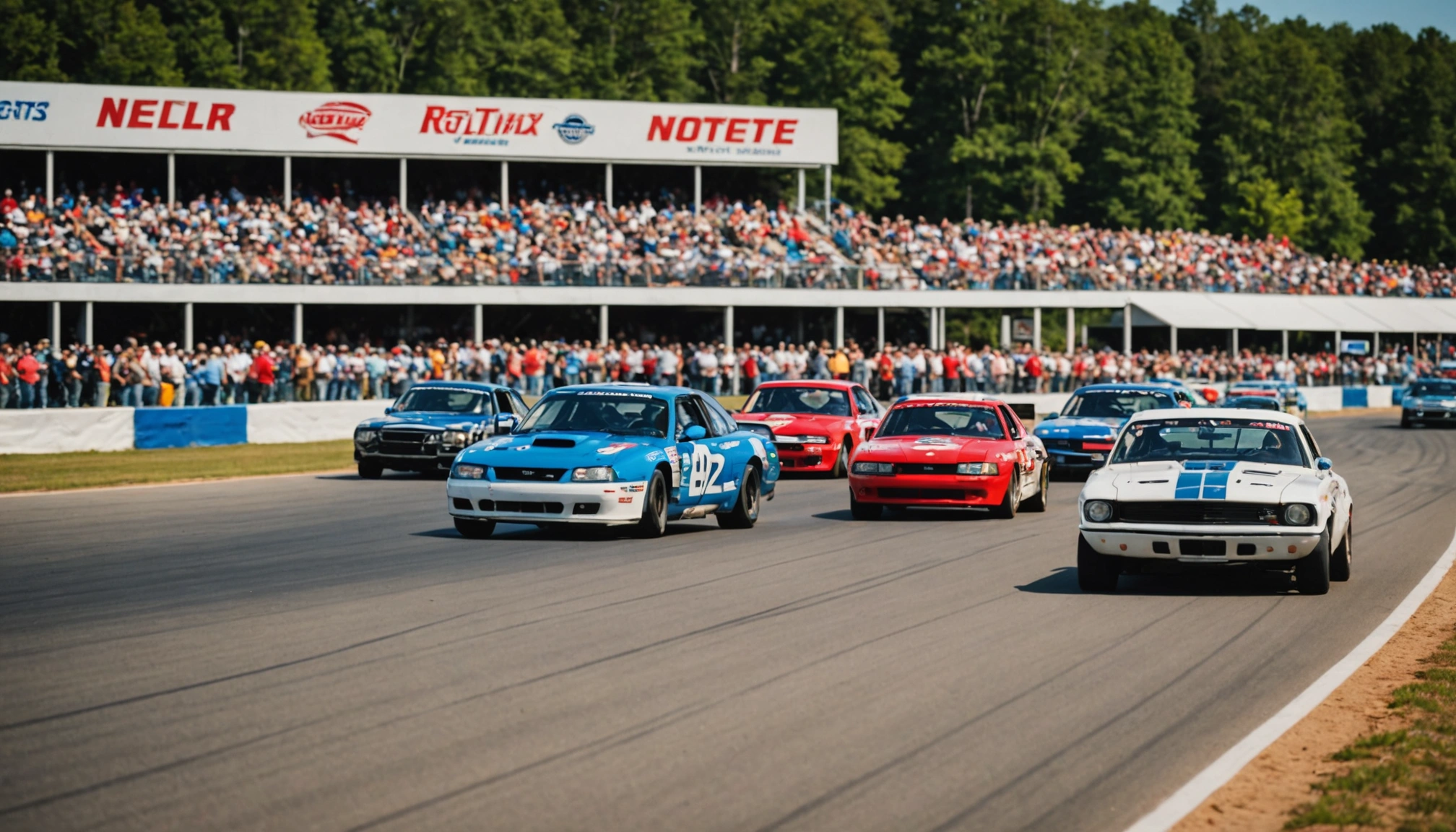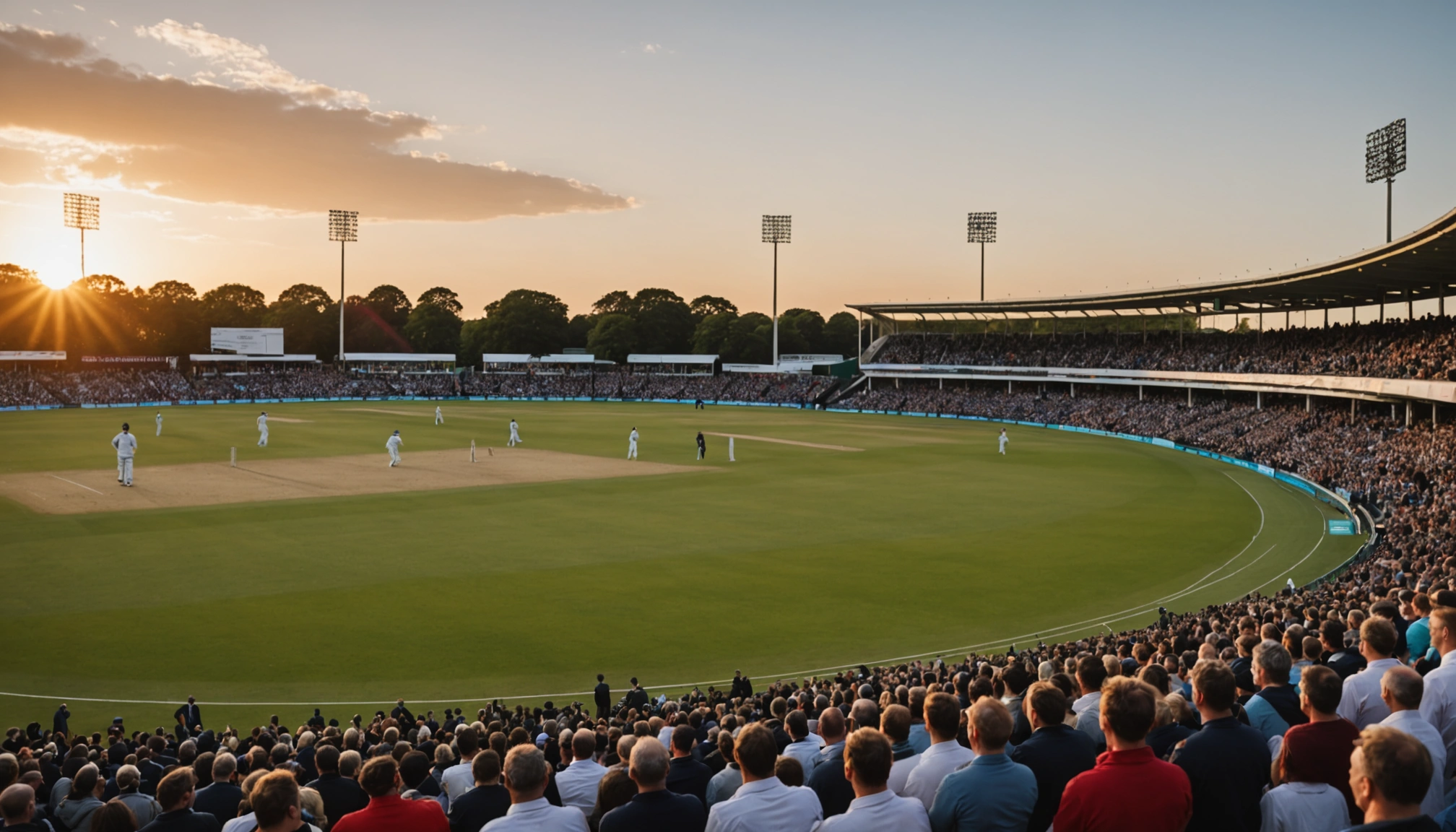North Carolina Protects Short Tracks From NIMBY Opposition
North Carolina enacts law safeguarding short tracks from NIMBY opposition, preserving grassroots motorsport culture and boosting local economies.

By Editorial
Introduction To North Carolina's Short Track Protection Law
In a significant move for motorsport enthusiasts and local communities alike, North Carolina has passed legislation designed to protect short tracks from the increasing pressure of NIMBY (Not In My Backyard) opposition. This law aims to preserve the grassroots racing culture that short tracks represent, ensuring their survival despite growing residential developments near these venues.
The Importance Of Short Tracks In Motorsport Culture
Short tracks are often considered the heart and soul of American motorsport. These smaller circuits serve as the breeding ground for future stars and provide accessible racing entertainment for local fans. North Carolina, known as a hub for NASCAR and other racing series, hosts numerous short tracks that contribute significantly to the state’s sporting identity.
These tracks not only nurture talent but also bring vital economic benefits to their communities. Local businesses thrive on race days, with increased patronage at restaurants, hotels, and retail outlets. Protecting these venues from closure due to community complaints is essential for maintaining this economic and cultural ecosystem.
Understanding NIMBY Opposition And Its Impact
NIMBY opposition typically arises when new residential developments encroach upon existing motorsport venues. Residents unfamiliar with the noise and activity levels often petition local governments to impose restrictions or shut down tracks altogether. While understandable from a quality-of-life perspective, these actions can inadvertently threaten the existence of cherished local institutions.
In recent years, several short tracks across the United States have faced closure or severe operational constraints due to such pressures. North Carolina’s new law serves as a proactive measure to balance community growth with the preservation of sporting heritage.
Key Provisions Of The North Carolina Law
The legislation primarily limits the ability of local governments to impose noise restrictions or zoning changes that specifically target short tracks after residential developments are established nearby. It recognises the pre-existence of these venues and seeks to shield them from retroactive regulations that could force them to close.
Additionally, the law encourages dialogue between track operators and local residents to address concerns collaboratively, fostering better coexistence rather than conflict. It also highlights the economic and cultural value of short tracks, urging policymakers to weigh these factors carefully.
Case Study: Impact On Local Economy And Motorsport
Take the example of Orange County Speedway, a renowned short track in North Carolina. Before the law, the venue faced noise complaints that threatened event cancellations. Since the legislation's enactment, the speedway has reported increased confidence in scheduling races and investing in facility upgrades, directly benefiting local employment and tourism.
Why This Law Matters Beyond North Carolina
North Carolina’s initiative could serve as a blueprint for other states grappling with similar conflicts between motorsport venues and residential expansion. It recognises the delicate balance between urban development and sporting traditions, emphasising that one should not come at the cost of the other.
Moreover, the law aligns with broader efforts to support local sports and entertainment industries, which often struggle against urbanisation and changing societal priorities. Protecting short tracks helps maintain diverse sporting options and celebrates community heritage.
Related Sporting Developments To Follow
While motorsport venues gain protection in North Carolina, other sports sectors are also evolving. For instance, football fans can stay updated on the Premier League and key football transfers in September 2025, highlighting how sporting landscapes are always in flux. Similarly, grassroots cricket is gaining momentum as the England women's cricket team prepares for the World Cup.
How Motorsport Fans Can Support Short Tracks
Fans and locals can play a vital role in sustaining short tracks by attending races, promoting events, and advocating for policies that protect these venues. Engaging with community initiatives that aim to balance residential interests with motorsport culture is also crucial.
Supporting short tracks can be as simple as purchasing tickets, volunteering at events, or sharing positive stories on social media. These actions help demonstrate the ongoing demand and cultural significance of grassroots racing.
Conclusion: Preserving Motorsport Heritage For Future Generations
North Carolina’s law protecting short tracks from NIMBY opposition marks a critical victory for motorsport heritage and local communities. By safeguarding these venues, the state ensures that grassroots racing remains a vibrant part of its sporting fabric.
As urbanisation continues, similar protections may become necessary elsewhere to preserve the unique blend of culture, economy, and entertainment that short tracks represent. Motorsport fans and policymakers alike should remain vigilant and proactive in supporting these cherished institutions.
Related topics
Editorial
Sports expert at SportsScoop
Specialist in sports analysis and journalism
Related articles
Want to read more?
Explore our comprehensive collection of sports articles and analysis, or contact us for more information.



